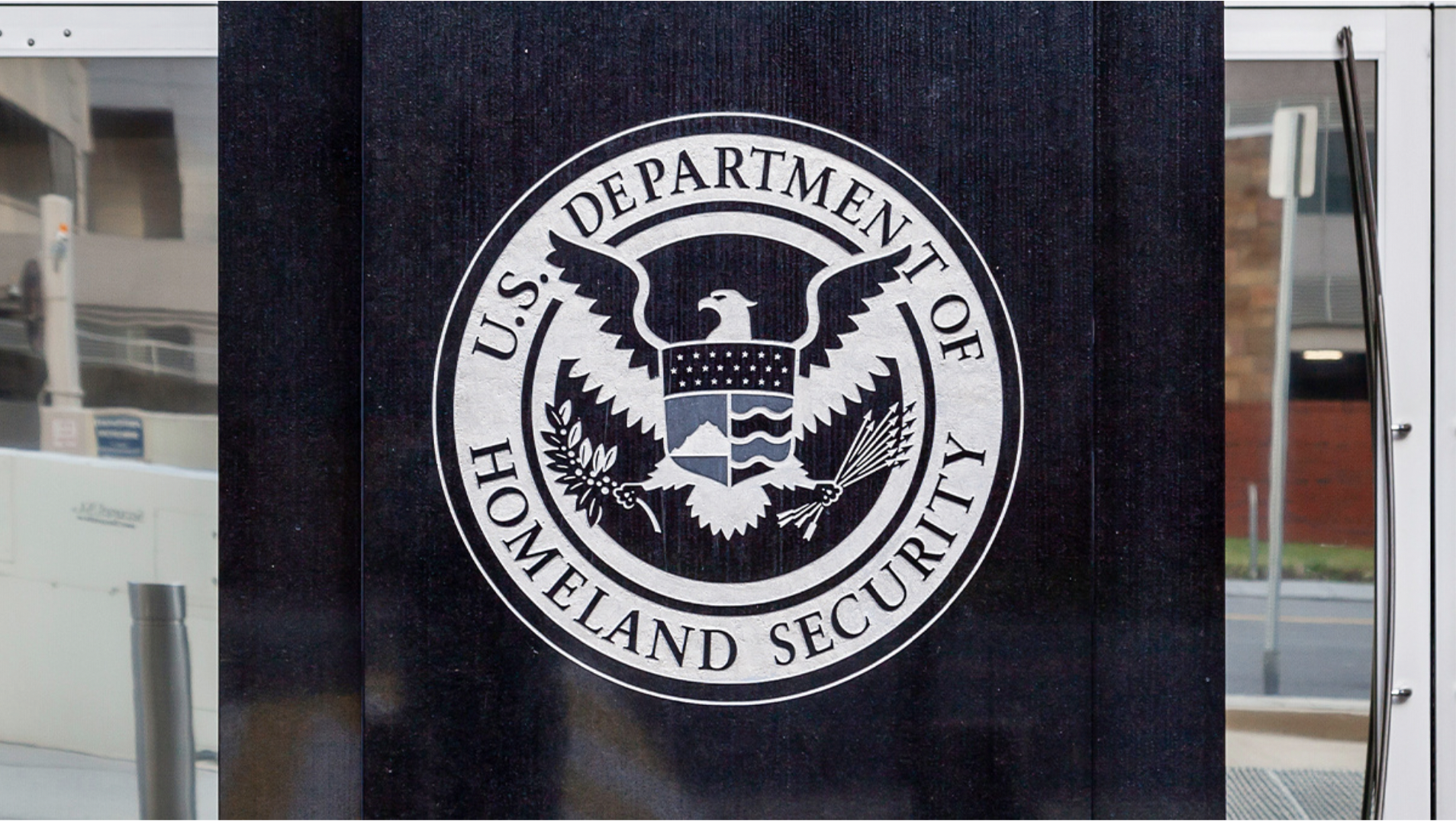This week, Rob Silvers, the under secretary for strategy, police and plans at the Department of Homeland Security, will travel to Qatar to cement security ties between the two countries.
The US Department of Homeland Security (DHS) will be present to assist in ensuring the security and safety of the FIFA World Cup 2022 tournament in Qatar, a senior department official’s interview with ABC News.
“We are committed to working closely with Qatar to make sure the world can enjoy a safe and secure World Cup,” Rob Silvers, the under secretary for strategy, police and plans at DHS, told ABC News in an interview. “We’re are going to be providing security support to our partner and we’re going to be doing that in a range of ways.”
This week, Silvers will travel to Qatar to cement security ties between the two countries.
During the interview, the DHS official highlighted to ABC News said there is no credible threat to the World Cup. However, he stated that “it’s a large and prominent gathering, and we should always be prepared from a security perspective.”
One approach DHS will be taking is to send Transportation Security Agency (TSA) agents to help with luggage screening for spectators of the games.
“We’re going to host a delegation from Qatar at a US airport to show them our airport security practices here because obviously they are expecting a large number of visitors and we want to help them on that front,” he explained.
Silvers also mentioned that the Cybersecurity and Infrastructure Security Agency (CISA) will be supplying Qatar with cyber resources.
“We’re going to have our Secret Service providing support on protective details and on major event security coordination,” Silvers said.
The US Secret Service leads security at the Super Bowl in February, so the service has expertise with major sporting events held in their home country.
Security assistance during the World Cup
NATO announced last Thursday that it will help Qatar with security measures during the 2022 FIFA World Cup, as part of the alliance’s tight collaboration with Doha.
“The support will include training against threats posed by Chemical, Biological, Radiological and Nuclear (CBRN) materials, which will be delivered by Slovakia and NATO’s Joint CBRN Defence Centre of Excellence in the Czech Republic,” the North Atlantic alliance explained in a statement.
As part of the security assistance, Romania will also provide training on how to protect VIPs and thwart threats from improvised explosive devices.
Additionally, in preparation for hosting the tournament later this year, Qatari and Turkish officials met in Doha last month to discuss security-related issues.
Suleiman Soylu, the interior minister for Turkey, announced in January that 3,250 security personnel would be temporarily dispatched to Qatar for the athletic event. 3,000 riot police officers, 100 Turkish special forces, 50 bomb detection dogs and their handlers, 50 bomb experts, and other personnel will all be on duty for around 45 days throughout the tournament.
According to Al Jazeera, Soylu additionally stated that Ankara had instructed 677 Qatari security officials in 38 distinct professional fields.
A team of cybersecurity specialists will reportedly be sent by Morocco to Qatar ahead of the World Cup, according to media outlets located in Rabat.
Additionally, Ben Wallace, the UK’s Secretary of State for Defence, confirmed in late May that Britain’s Royal Air Force and Royal Navy will be responsible for counter-terror police throughout the competition.
Wallace stated in a formal announcement that Britain and Qatar will “join forces to provide air policing in the skies.”
This kind of security has never before been offered by Britain for a World Cup that is being staged abroad.
According to a defence source who spoke to The Telegraph in late May, the Ministry of Defence will assist Qatar with military capabilities to counter terrorism and other dangers to the competition through maritime security, operations planning, and command and control support.







